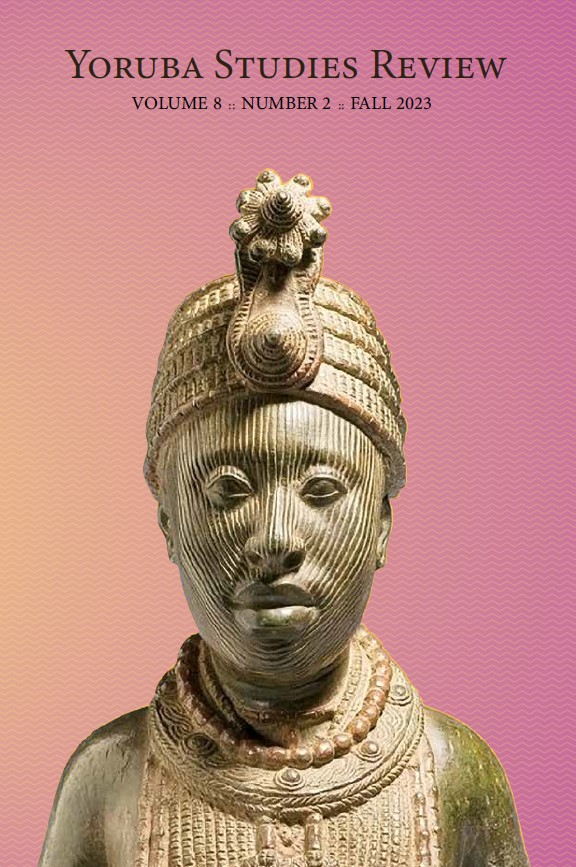Abstract
Since the year 2012, West Africans, especially the Nigerian government and citizens have been witnessing an increase in civil crisis because of different crimes committed in African society and the involvement of the youths in these negative activities. Since music is said to have an emotional and psychological influence on human minds, this paper, therefore, examines the text content of and relevance of popular music in Nigerian society and highlights the role played by popular musicians as agents for positive transformation of the youths among the Southwestern part of Nigeria. Relying on Femi Adedeji’s Transformation musicological theory, this work explicates the song themes and other lyrical contents of selected popular music in the Yoruba language fashioned towards positive transformative direction, for the purpose of socio-cultural analysis. The research findings show that some Nigerian popular musicians have for over three decades, been making use of the message in their music to sustain the positive transformation of lives and behavior of people of Nigeria, especially the youths. The song lyrics by the old juju, fuji, apala, sakara, and Pop musicians are found to be more effective because of the Yoruba cultural concepts and moral values inherent in them. This essay concludes that music has an affective mechanism that positively influences the lives, personalities, and world-views of Nigerian youths in general if properly channeled towards a positive dimension. This paper concludes that the Nigerian government should use appropriate agencies like the National Film and Records Censor Board and Nigerian Copyright Council to prevent music that contains lyrics that can encourage violence and criminal acts circulated into Nigerian markets.

This work is licensed under a Creative Commons Attribution-NonCommercial 4.0 International License.
Copyright (c) 2023 Kayode Olusola
